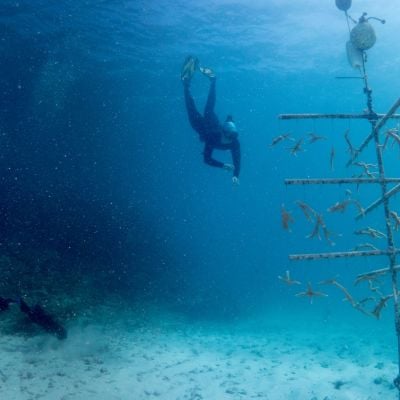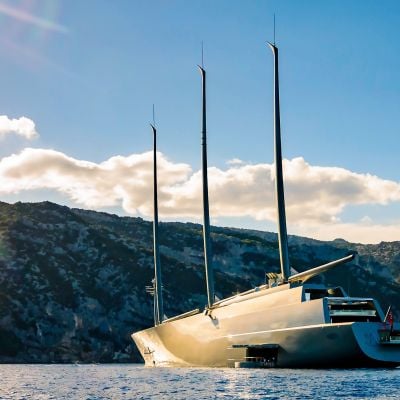OPINION: Why Space Tourism Needs To Stay On The Agenda
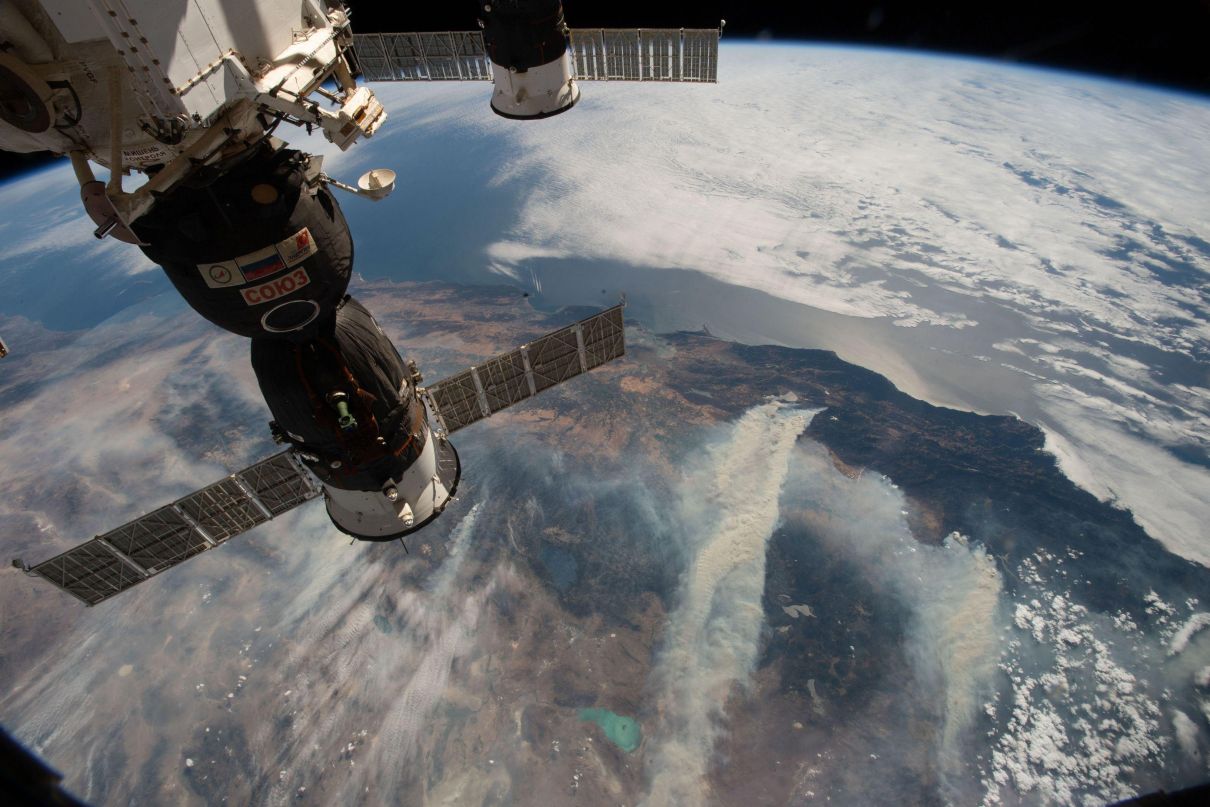
The further human exploration of space should stay firmly in our sights, says financier and astronaut, Per Wimmer.
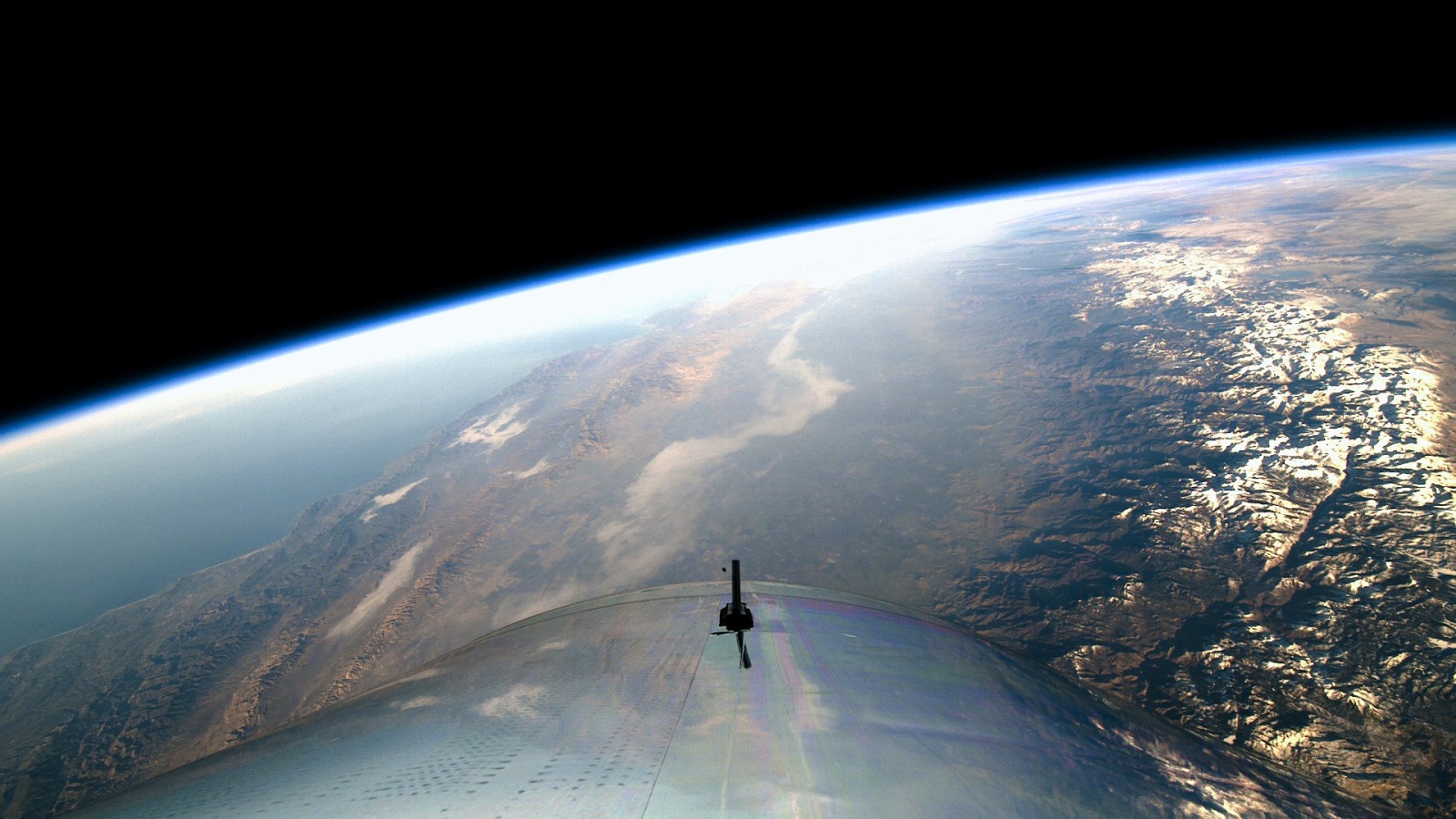
Humans are on a quest to learn, to develop, to adapt and to overcome challenges. If you do not adapt and change, you do not survive. Such desire, in addition to the hope of economic rewards, drove early explorers such as the Vikings, the Portuguese, the Spanish, the Dutch and the English in the 15th–17th century. While my ancestor Vikings visited and spent time in North America (just like me, centuries later), they never settled permanently. Further human exploration and more shipping technological innovation was needed.
Today, in the 21st century, this insatiable human quest for exploration continues at an increasingly accelerated pace, spurring incredible technological innovations. But now that Earth is (more or less) discovered and claimed (only Antarctica, Antarktis, ‘Liberland’ between Croatia and Serbia and a small piece of land between Egypt and Sudan seem unclaimed or communally agreed upon), the only way is up.
Nobody owns space. Less than 600 people have ever been into space. We are currently going through a quiet revolution due to the involvement of private enterprise; good access to capital; lots of talented human resources; and an advanced stage of development of computers and robotics, which all provide an ideal platform for further human exploration of space.
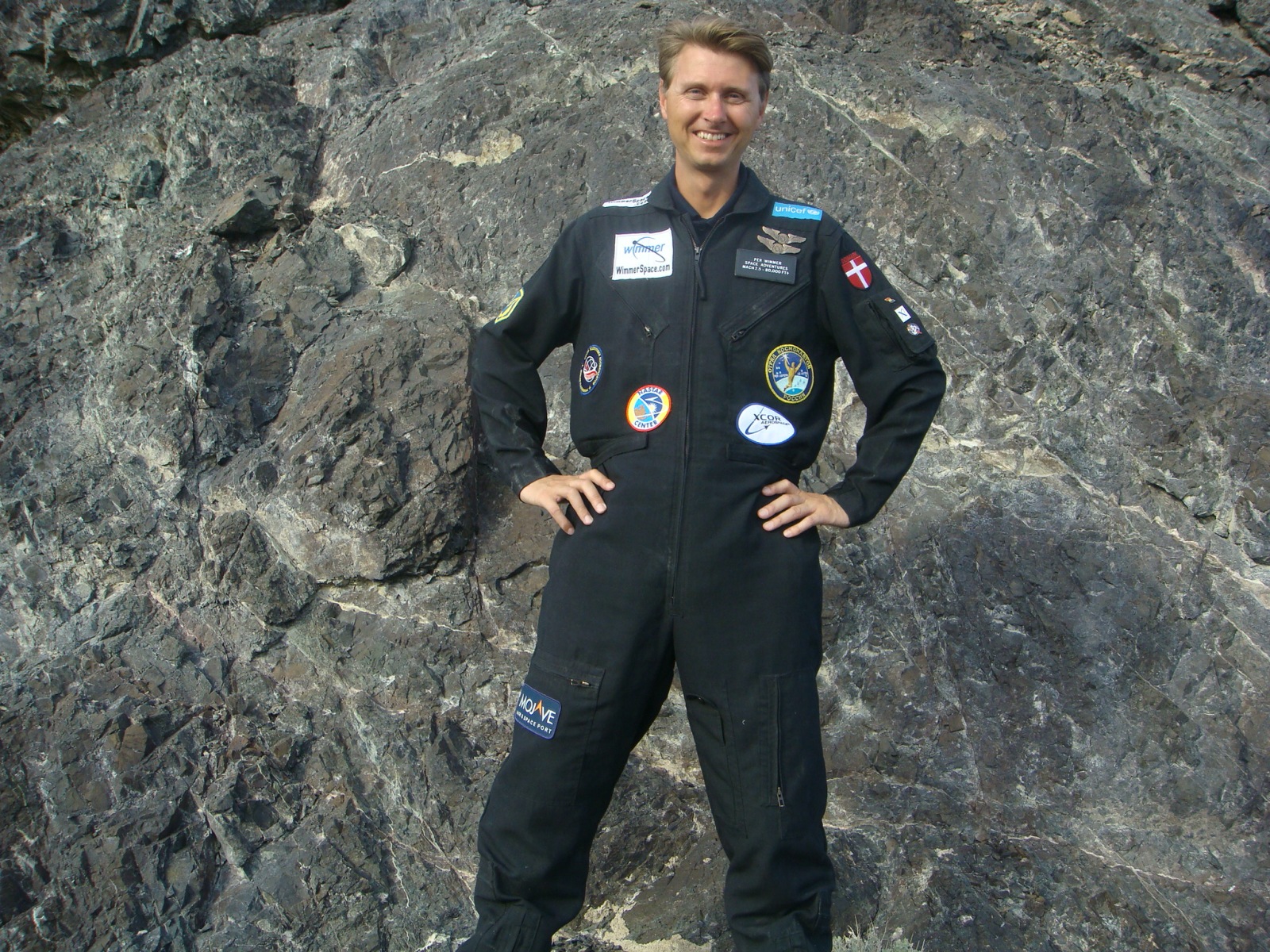
I feel alive when I am exploring; it is my passion. I have lived with the Indians of the Amazon rainforest; driven a modified F-104 Starfighter jet on Black Rock Desert, Nevada, and high-speed cars on the Bonneville Salt Flats, Utah; trekked the Inca Trail to Machu Pichu; skied at the highest skiing facility in the world at 5,500m in Bolivia; rode cross-country in the US on a Harley-Davidson motorbike and back (a total of 9,000 miles); and have dived with sharks in Fiji.
In the short term, however, adventure and exploration are on hold, just like most other travelling is due to Covid-19. Current exploration is limited to the confines of one’s home. When travelling opens up again, adventure and exploration will gradually return but these will not return to the pre-Covid-19 levels until an effective vaccine has been discovered since adventure and exploration, by its very nature, take place in remote places, at the frontier, where an oxygen ventilator is nowhere nearby.
While there will be a delay in executing new adventures, even Covid-19 cannot stop the human inner desire for discovery. The quest for exploration will eventually continue unabatedly.
Our inner desire to learn and explore fuels a journey that translates into many different paths, bringing a tail of technological innovation to the broader benefit of humankind. Keep dreaming, keep exploring, follow your heart and passion, keep inspiring the children of tomorrow and believe that ‘the sky is no limit’.
Per Wimmer is an astronaut, adventurer and explorer, philanthropist, entrepreneur, global financier and author. For more information go to www.wimmerspace.com

